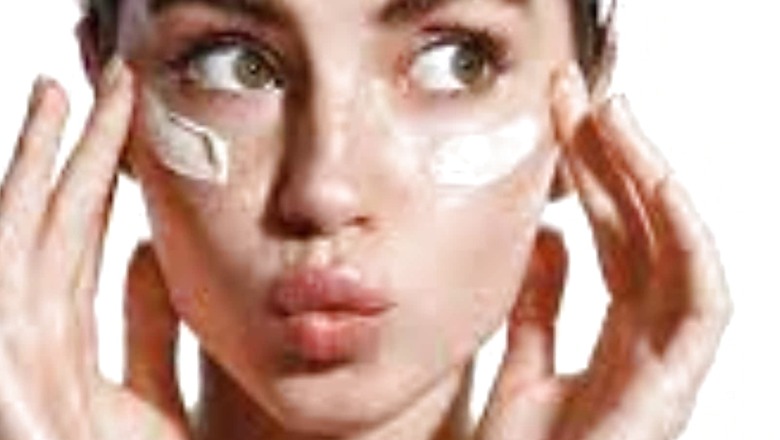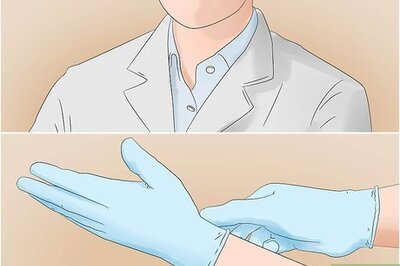
views
2023 — it will be here before you know it. And one thing we all want is happiness. Duh! That is a given. What we want is beautiful, flawless and radiant skin. We want to know what will hit the beauty counters, and what will be the staple in every beauty blogger’s arsenal this coming year. And we have you covered. Take a look at our guide and be prepared for January. Ensure you put your best foot forward in 2023 with these trends.
High-performance active-based skincare
Results-driven active ingredients that deliver visible efficacy will continue to be in demand. “Niacinamide has been one of the go-to active ingredients in the skincare community for a long time now. Also known as Vitamin B3, Niacinamide has multi-tasking abilities to brighten skin, clear blemishes, and hyperpigmentation, all of this while being gentle on your skin,” says Harini Iyer, Marketing Communications Manager, Skin, Plum Goodness.
Reshaping innovation in the sunscreen category
We’ve come a long way from simply looking for non-greasy sunscreens that offer sun protection. Summer 2023 would all be about selecting products that give major skincare benefits like prevent ageing, repairing the effects of UV exposure, while nourishing your skin. The new generation of sunscreen will be multifunctional, delivering sun protection along with skin-enhancing benefits.
Also Read: Are Social Issues Troubling Your Teen? Ways To Enhance Your Teenager’s Mental Health
Increasing focus on skin barrier repair
Skin barrier is set to be a popular topic in 2023. There will be renewed focus on strengthening skin’s barrier and protecting it from environmental stressors. “Skin barrier products are designed to help strengthen and support our skin’s outer layer, which keeps moisture in and the harmful toxins out. By using products that have Ceramides and essential fatty acids, it improves overall skin health and allows it to develop tolerance to other skincare products,” adds Iyer.
Retinol – The rising star
Retinol, a Vitamin A derivative, will continue to be a rising star in the anti-ageing segment. The skin’s dermis layer produces 1% less collagen each year after the age of 20. “Lower collagen and elastin fibers mean the skin loses its elasticity and suppleness which eventually causes wrinkling and sagging,” believes Iyer. Retinol helps boost collagen production and prevent signs of ageing like fine lines, wrinkles, age spots and sagging dull skin.
Read all the Latest Lifestyle News here




















Comments
0 comment